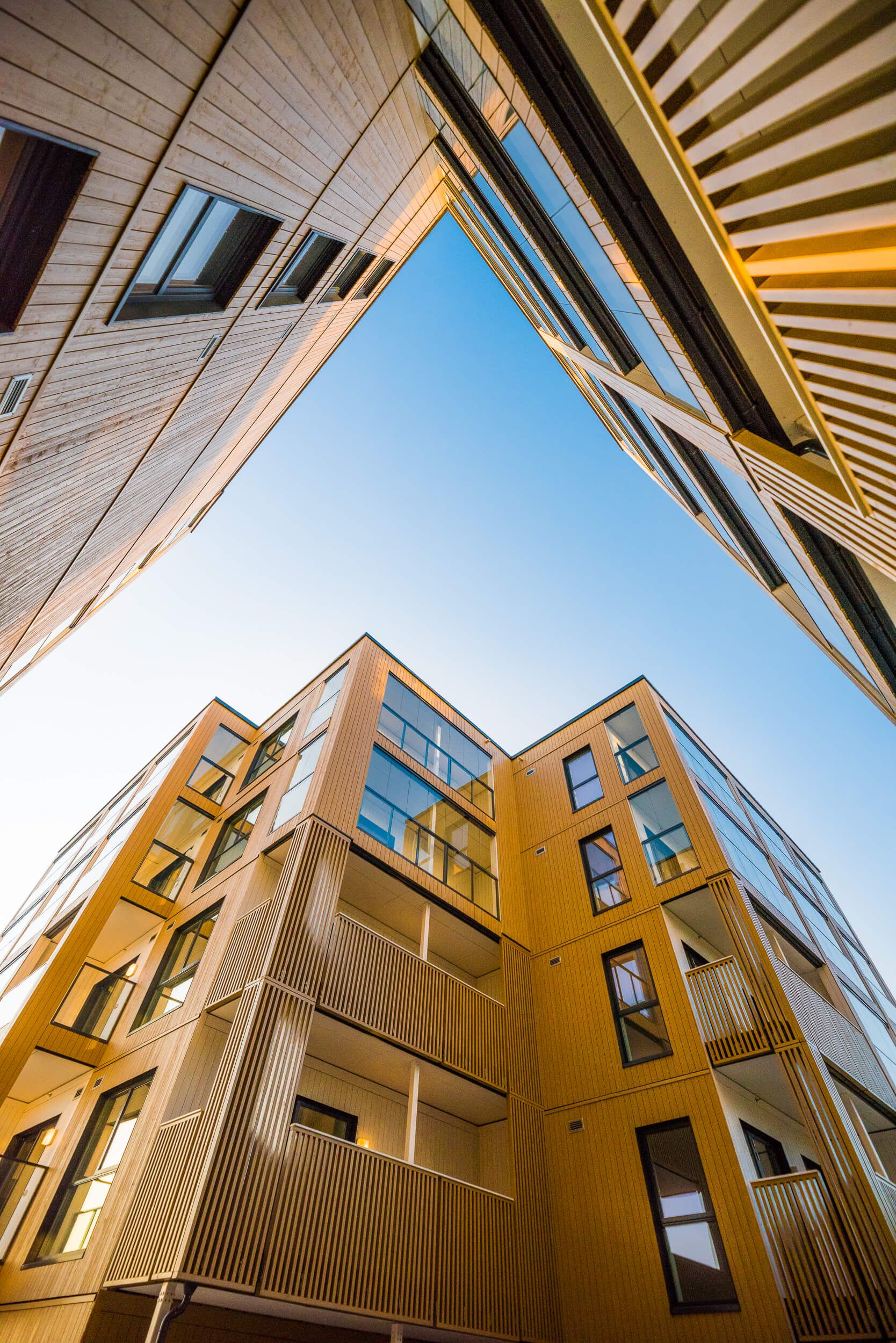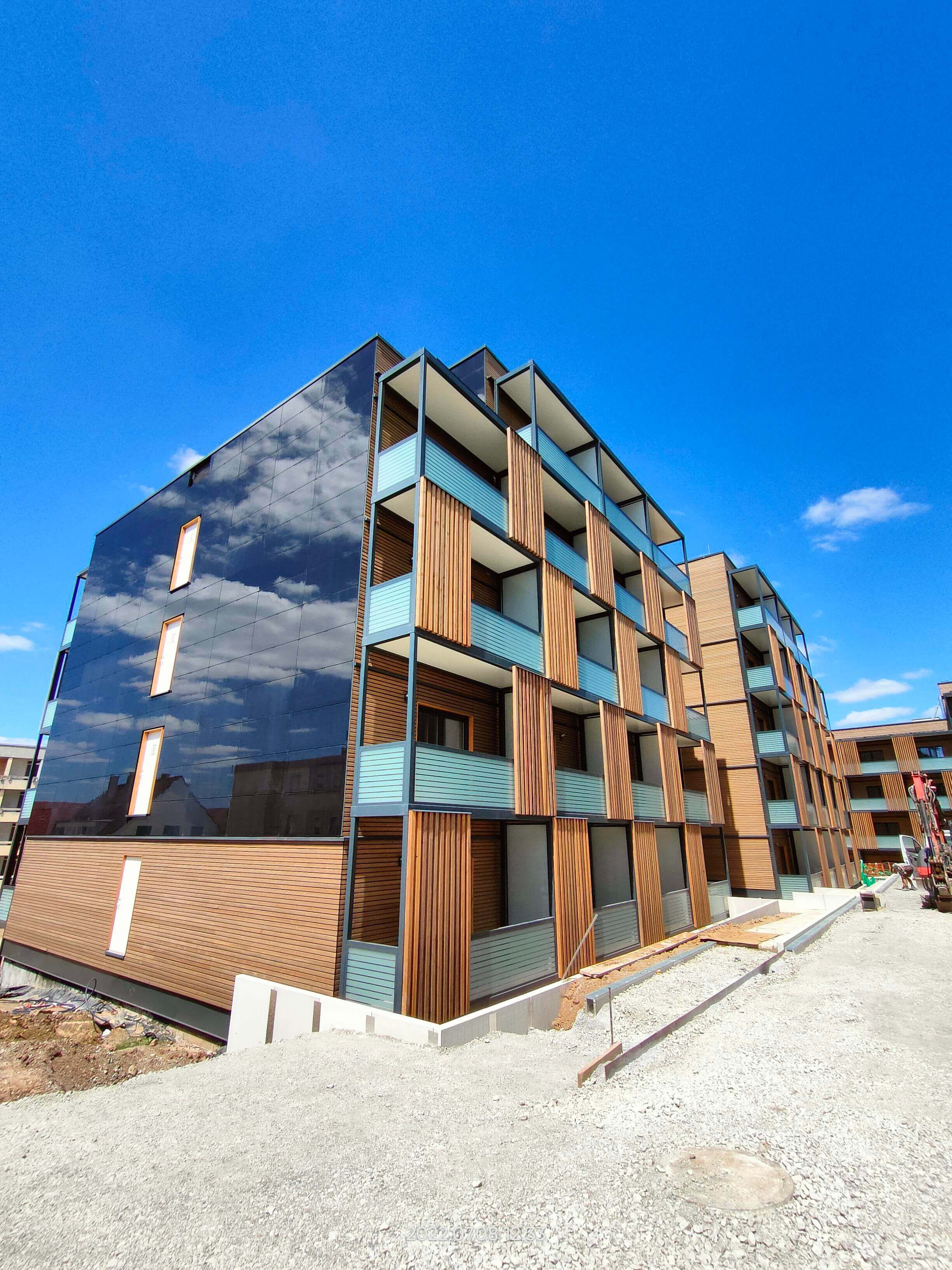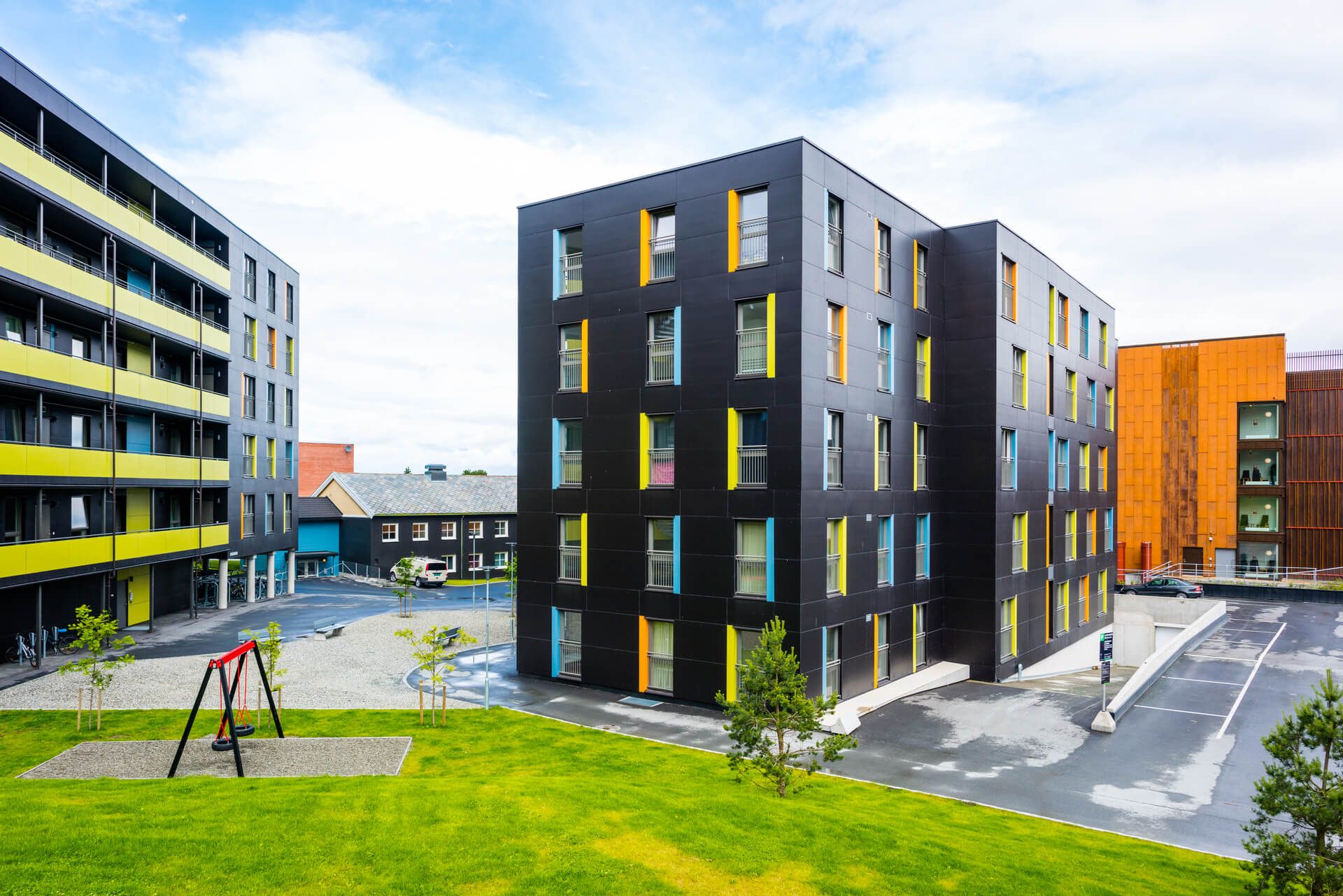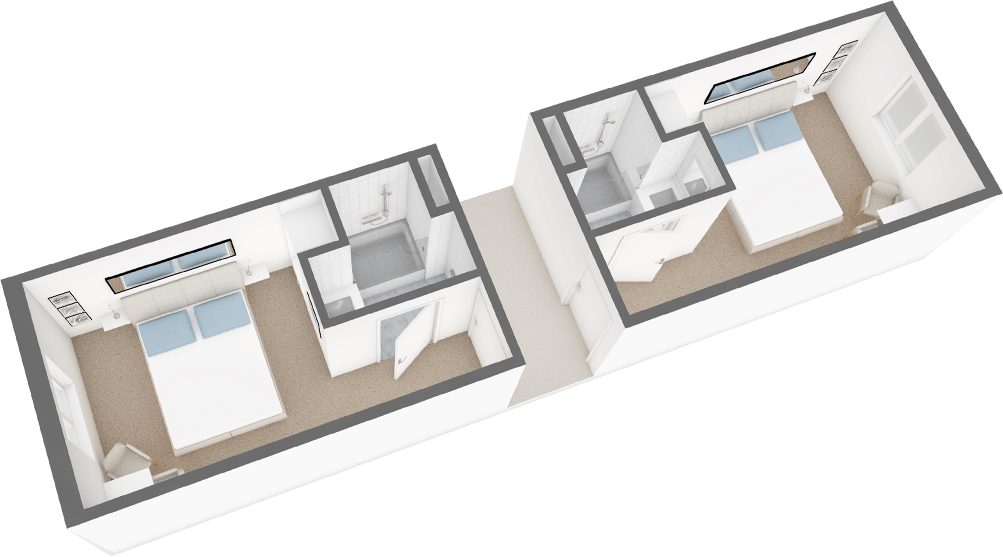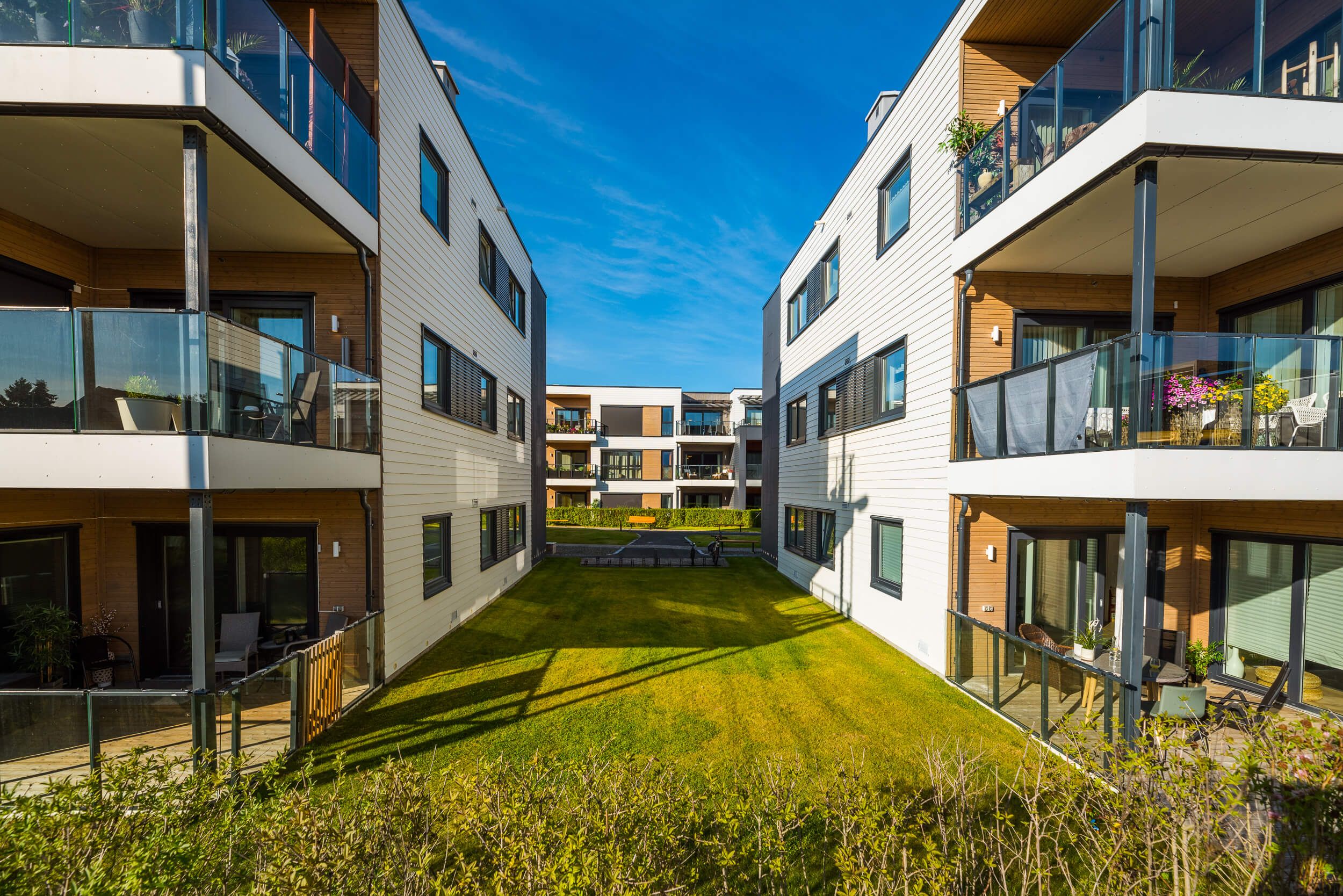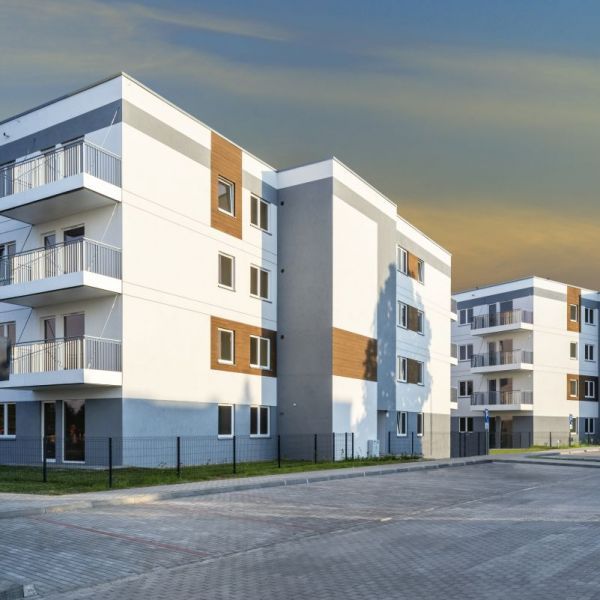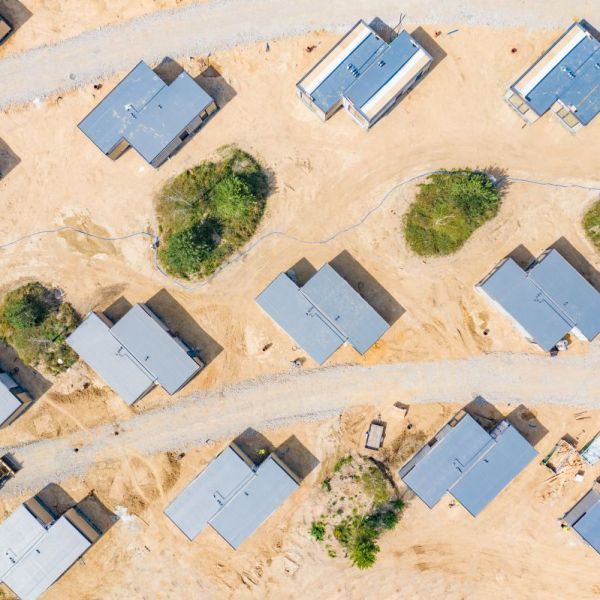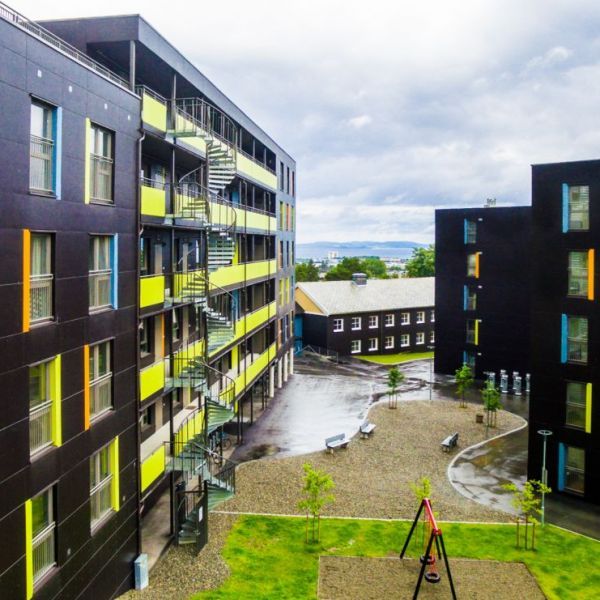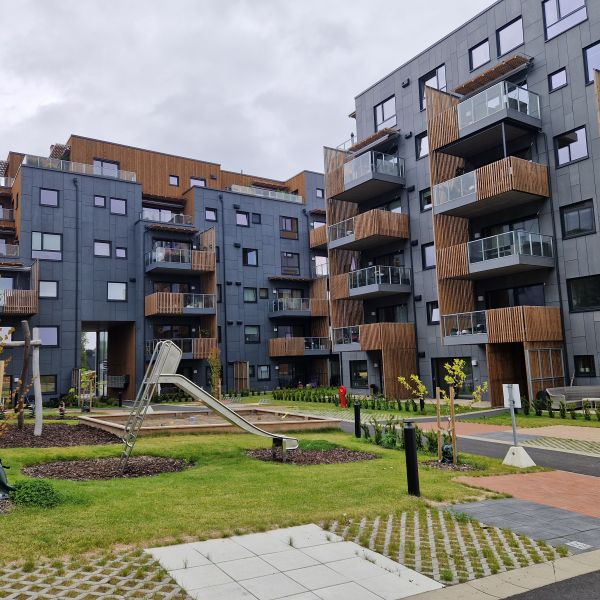Traditional construction is no longer the only option today. Investors who want to shorten the construction time choose modular construction. But a short construction period is not the only benefit. Are you considering using modular technology for your project? Find out what the modular system is and what advantages it offers.
Modular construction - what characterises it?
Although modular construction in Poland is not new, the scale of construction using this technology is still small. Hence, the question of what is modular construction often arises. As the name suggests, modular construction is based on the use of modules. Unihouse modules can vary in size and equipment. The fact that they can be manufactured all year round eliminates the seasonal downtime that occurs with traditional construction. Production under controlled conditions and using partial automation also minimises errors.
Building modules are lightweight structures, so they can be transported from the factory to the construction site without much difficulty. But that's not all - they are also:
- adapted to modern requirements and standards - Unihouseweb's modular construction uses environmentally friendly materials and features good sound insulation;
- fire-resistant - the basic building material for the building modules is wood, which is properly protected at the production stage;
- energy-efficient - thanks to the use of heat-insulating materials, the energy requirement is minimal, which means that modular housing is cheap to operate;
- repetitive - this is important when modular hotels or multi-family buildings, for example, are built from them;
- universal - the manufacturer of modular buildings Unihouse offers buildings fully adapted to the needs of investors in terms of, for example, the number of storeys, the area of rooms or the architectural form.
